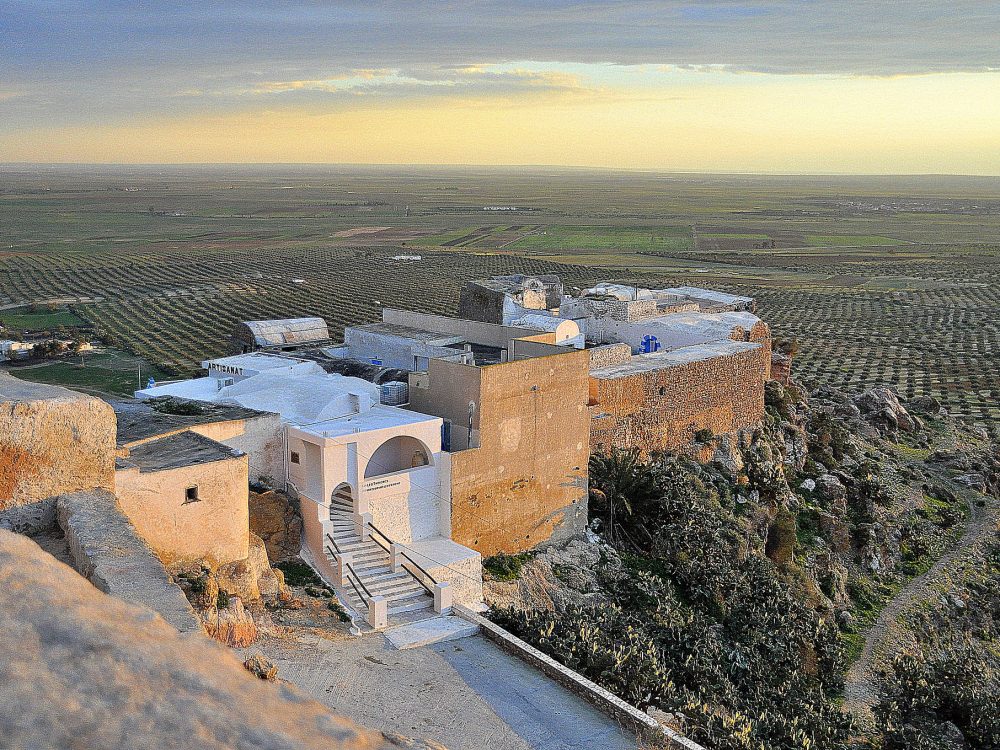AMP 2.10: A New Frontier
As a technical-minded social enterprise, much of Development Gateway’s work involves partnering with governments to devise solutions to improve the effectiveness and transparency of their aid management activities. The Aid Management Program (AMP) – a comprehensive suite of co-created software, technical training, and good practice-sharing – is one such example. After nearly a decade of software iteration, technical training, and fostering South-South Cooperation through annual workshops, AMP has reached a new milestone: Software Version 2.10.
What sets Version 2.10 apart from any other AMP software release? It’s faster, sleeker, and simpler – thanks to an internal revamp based on direct user feedback. More importantly, it represents a first step toward AMP 3.0, a full re-engineering of the system with modern technologies and architecture.
New Software Features
Mashable Maps: After several discussions with partner governments, we’re launching a new GIS module with new visualization capabilities that will enable the system to display more complex project and covariate (i.e. poverty levels, educational levels) information. It will be easier for partner governments to train staff to geocode projects and visualize government statistics
Open API: While AMP has always been built using largely open source components, the new modules being built in 2.10 and beyond will go one step further. We will make the full code for GIS, dashboards, public portal, and other AMP modules available as open source applications on GITHub starting in early 2015. This is part of a larger effort to make the entire AMP platform an open source application, which any interested organization could use for its data management and visualization needs.
Streamlined Maintenance and Inputs: The DG technical team has trimmed down the back-end code – making ongoing maintenance easier – and made tweaks to the analytics and activity dashboards to make the system more modern and intuitive.
A (brief) AMP History
The Aid Management Program was created nearly 10 years ago, in response to the 2003 Rome Declaration on Aid Harmonization (and adapted to the 2005 Paris Declaration for Aid Effectiveness and the 2008 Accra Agenda for Action). Developed in collaboration with the OECD, World Bank, UNDP, and the governments of Ethiopia and India, AMP includes a robust software application (Aid Management Platform), as well as technical, institutional, and policy support. Implemented in over 25 countries around the world, AMP has a strong track record in strengthening local financial ownership, facilitating resource management, and opening up aid information to the public. Opening AMP data has been ramped up over the past few years by geocoding resource information, and making those maps public across several countries – often in collaboration with our AidData partners and USAID’s Higher Education Solutions Network (HESN).
Why Revamp a Working System?
Through lasting relationships with AMP countries and other end users, we knew that the program continued to meet expectations. But, like techies everywhere, we know that “good” systems can always be improved. Because of an internal commitment to innovation, DG has made it a priority to modernize AMP software in close collaboration with dozens of end users around the world. By actively soliciting feedback over the past decade about AMP in general, and around version 2.10 in particular, this major release promises a leaner, meaner, and more user-friendly platform.
Version 2.10 will roll out to partner countries Timor-Leste, Nepal, and Moldova by the end of 2014, with more countries to follow early next year. Version 2.10 will be a key feature of this year’s AMP Good Practices Workshop.We look forward to continued innovation and dialogue around the program for years to come.
Follow us on Twitter and stay up-to-date on AMP 2.10 and #AMPWS2014.
Share This Post
Related from our library

How useful is AI for development? Three things we learned from conversations with development experts
The development world is buzzing with excitement over the idea that new and emerging applications of artificial intelligence (AI) can supercharge economic growth, accelerate climate change mitigation, improve healthcare in rural areas, reduce inequalities, and more. But what does this look like in real life?

The Future of Technology Governance and Global Development: Why DG Brought DataReady In-house
DG is excited to announce we now have more robust data governance advisory services with the recent integration of DataReady.

At a Glance | Tracking Climate Finance in Africa: Political and Technical Insights on Building Sustainable Digital Public Goods
In order to combat the effects of climate change, financing is needed to fund effective climate fighting strategies. Our white paper, “Tracking Climate Finance in Africa: Political and Technical Insights on Building Sustainable Digital Public Goods,” explores the importance of climate finance tracking, common barriers to establishing climate finance tracking systems, and five insights on developing climate finance tracking systems.